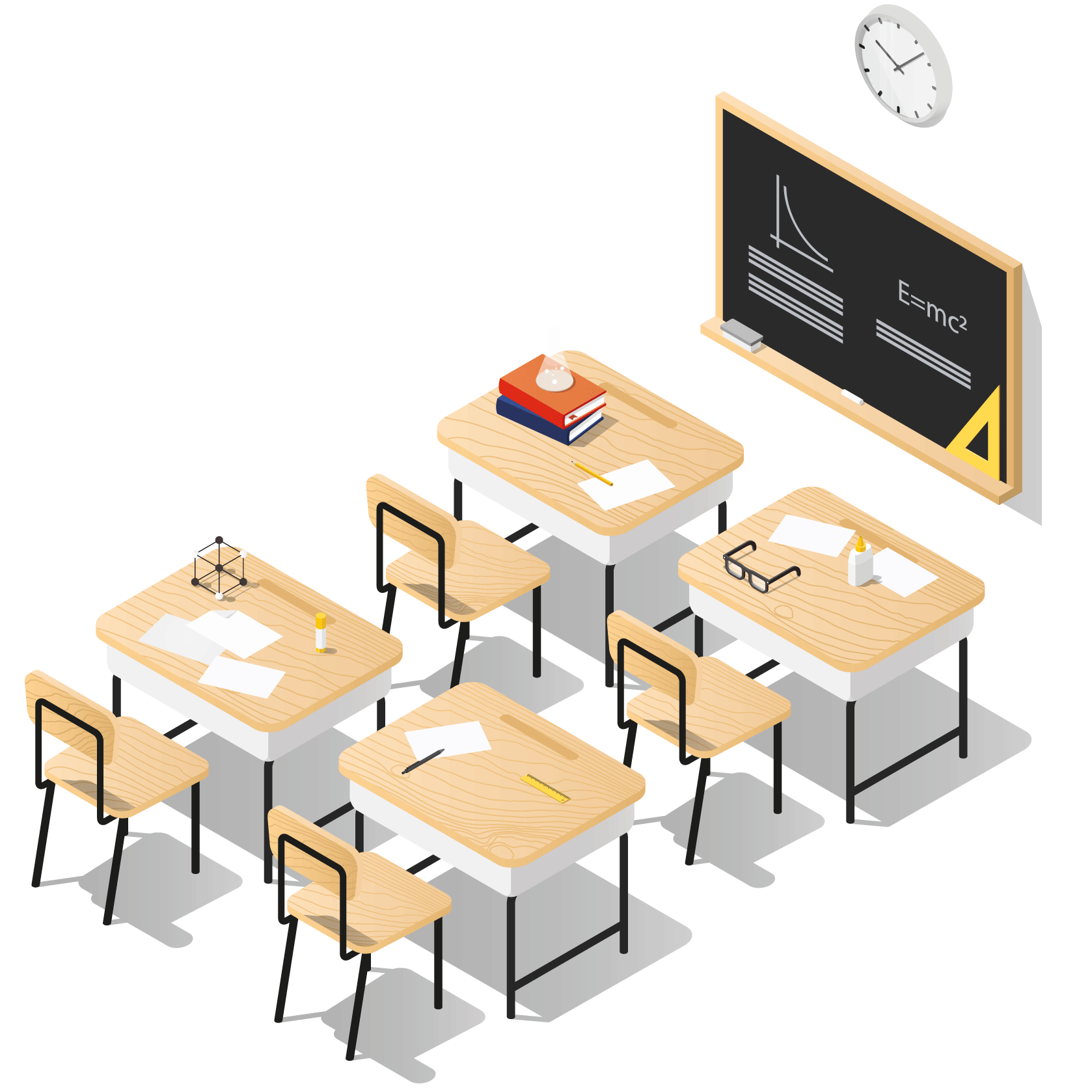Get the brand-new school year started on the right foot and pave the way for success. It’s important to ensure that you and your child are well-supported by a strong curriculum and stellar teaching team.
Our engaging and interactive lessons lay solid foundations, establish an innate love of learning, and cultivate confident, globally minded students geared for academic excellence.
Give Your Child the Best Head Start in 2024
Get the brand-new school year started on the right foot and pave the way for success. It’s important to ensure that you and your child are well-supported by a strong curriculum and stellar teaching team.
Our engaging and interactive lessons lay solid foundations, establish an innate love of learning, and cultivate confident, globally minded students geared for academic excellence.



